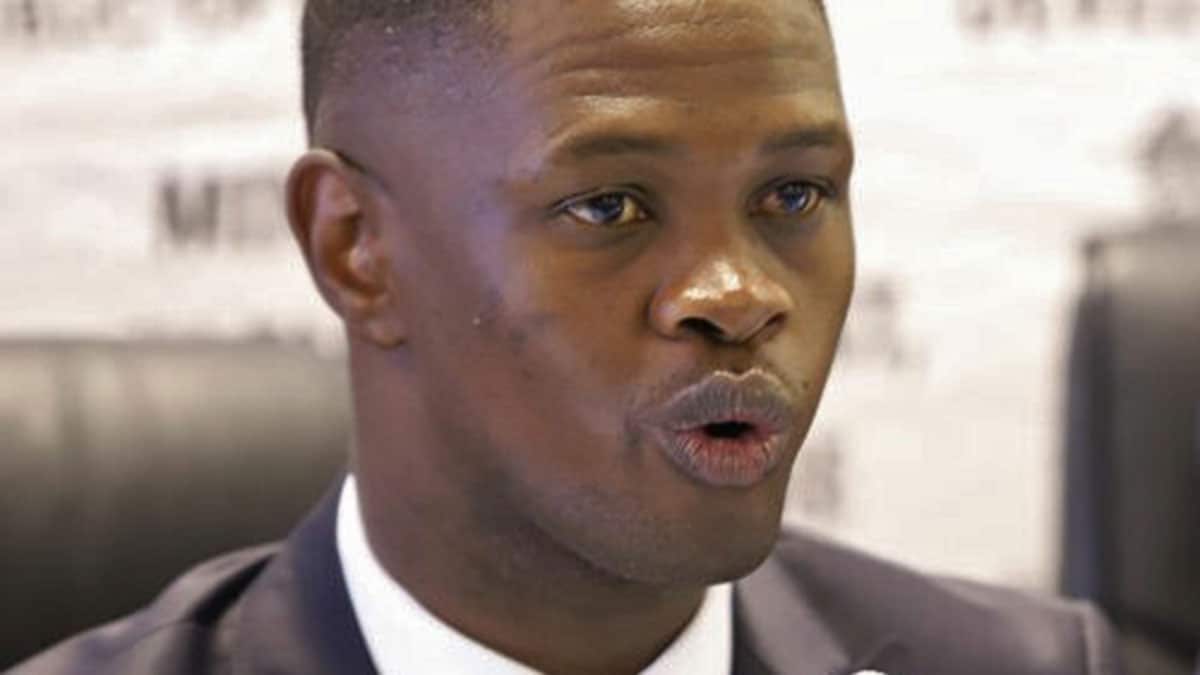‘We communicate better in our mother tongue’-Rakgare
Botswana recently participated in the global commemoration of National Languages Day.
The event took place in Sebina village last Wednesday under the theme, ‘My language, My pride,’ translated as ‘Ke ipela ka teme yame’ in Setswana.
The chosen theme, as explained by the Minister of Youth, Gender, Sport, and Culture, Tumiso Rakgare, aims to encourage all Batswana to value and appreciate their local languages as a representation of the richness found in the country’s diverse cultures.
Rakgare emphasized the importance of using one’s mother tongue for effective communication, self-expression, and mutual understanding.
National Languages Day was first celebrated in Botswana in 2008 in Francistown, aligning with the International Mother Tongue Day designated by the United Nations Educational, Scientific and Cultural Organisation (UNESCO).
Since then, Botswana has annually observed National Languages Day across the nation, recognizing and celebrating the local languages that exist within its diverse communities.
The United Nations General Assembly, through UNESCO, has encouraged countries to commit to linguistic diversity and multilingualism.
Rakgare highlighted that linguistic diversity and multilingualism are crucial elements not only for sustainable development but also for fostering connections among global communities.
Minister Rakgare commended the government’s efforts to reform education at the grassroots level by introducing the use of mother tongue languages in preschools and standards 1 and 2.
Currently, 11 such languages have been incorporated into the curriculum as mediums of instruction.
In addition to the Ministry of Education, various stakeholders run projects to promote the use of local languages.
Rakgare mentioned initiatives such as the National Arts Festival, National Celebrations, and Constituency Arts Competitions, which predominantly involve young people showcasing their culture, traditions, and beliefs through song and dance in their local languages.
He concluded by emphasizing the importance of leveraging the country’s linguistic and cultural diversity as a unifying force rather than a source of division.






